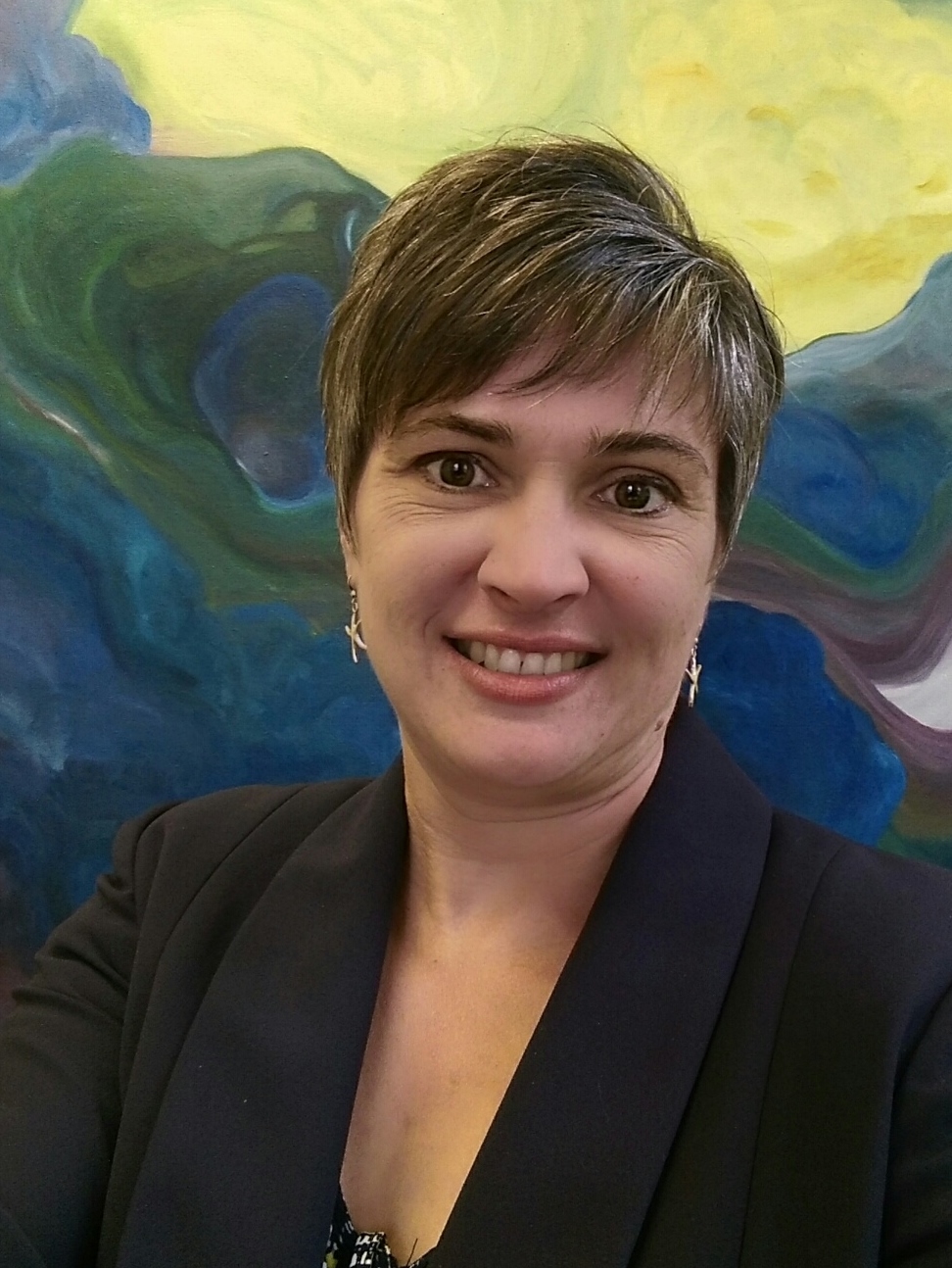- Home
- About Us
- The Team / Contact Us
- Books and Resources
- Privacy Policy
- Nonprofit Employer of Choice Award

 We all have skeletons in our closet. Most of us would be quite content to leave them there, in the dark. It is so much less painful to ignore them.
We all have skeletons in our closet. Most of us would be quite content to leave them there, in the dark. It is so much less painful to ignore them.
The organization I work for is almost 150 years old. Our roots are firmly planted in colonization. But whether an organization is 150 or 15 years old there are undoubtedly, policies, actions, or statements that have been hidden away in shame. The question is, what do we do with them? Do we pull them into the light of day and display them for all to see or do we try to bury them deeper in hopes that they are never found? Neither option is appealing and both can result in a loss of reputation, supporters and funding.
With our 150-year history, and with volumes of archives and photos to sift through, we have decided to hire an outside archivist to do a deep dive into our history. All the skeletons will be pulled out into the open, at which time we can carefully decide what to do with them. Will there be some kind of public statement of our role in colonialism? Probably. Will there be acts of reconciliation and restitution? Undoubtedly. Will there be humble requests for forgiveness? Absolutely.
Part of our history is our beautiful heritage brick building, built in 1891. It has housed children and seniors and been the centre of our organization. We love it and have taken great efforts to maintain it as an important part of our history. Unfortunately, it also bears a strong resemblance to many of the residential schools that were built in the same era. How many Indigenous people have been triggered just by looking at our building? We aren’t going to demolish the building – so what can we do to make it a more welcoming space for Indigenous people? This is a question we are mulling over.
• How do your physical spaces welcome Indigenous people?
• Is there more that you can do to create a welcoming and safe place?
Many organizations have written land acknowledgements in an effort to honour the Indigenous people of their area. However, this also has some controversy attached to it. Is acknowledging that you have forcefully taken something that isn’t yours enough? Doesn’t there need to be restitution or at the very least, an apology? In any other context, we would be paying rent to the land owner to live and work on their property. Does this need to be a part of the reconciliation process?
I think the concept of reconciliation can mean many different things. My ideas of how to make amends will be very different from yours, and likely also very different from the Indigenous community. Therefore, while we can ask all kinds of questions about our history, our physical spaces, and how we live and work in our community, the core of the reconciliation process needs to be guided and led by the Indigenous community. “Nothing for us without us.”
Probably the most important thing we can do as an organization is to work in partnership with an Indigenous elder or knowledge keeper to guide us in this process. And let me be clear – we need to generously compensate this person for the work they are going to do with us. We cannot expect the Indigenous community to do the work for us – we must be ready to dig in, face the skeletons and come up with an appropriate way to make restitution. This is OUR work to do – with the guidance and direction of the people most impacted by our colonial history.
• What can you do this week to learn more about your organizational history?
• What kind of skeletons need to be dealt with?
• Do you have Indigenous partners who can guide you with this process?
Next week: Thoughts on how to decolonize the internal practices of organizations.
Joanne Linka is the Manager of Communication and Fund Development at The Cridge Centre for the Family in Victoria BC. She loves to dig into systemic issues and look for solutions that benefit the wider community. She can rant on any number of issues at the drop of a hat. When not working, Joanne is reading, in the garden or pestering her children. jlinka@cridge.org